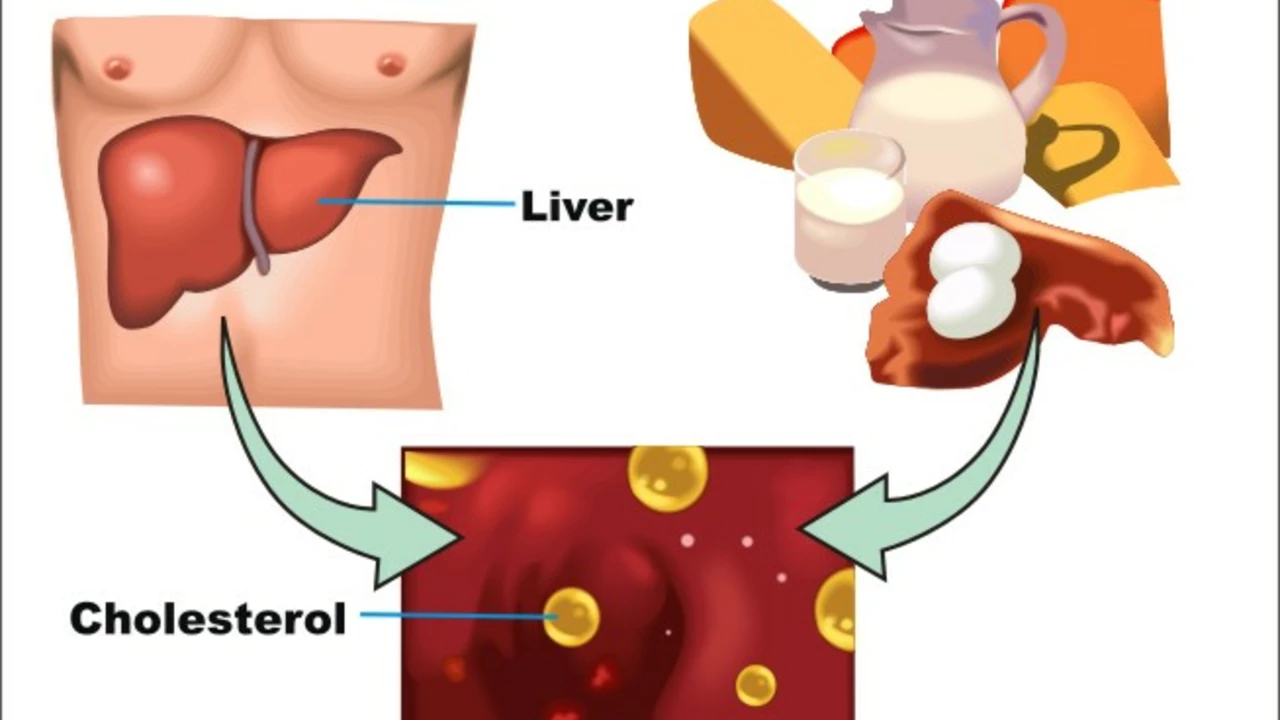High Blood Cholesterol: What You Need to Know
If your recent blood test showed a high cholesterol number, you’re not alone. Many people discover they have elevated LDL (the "bad" cholesterol) without any symptoms. The good news? Small changes in what you eat, move, and take can bring those numbers down fast.
How Lifestyle Impacts Your Numbers
First up, food. Swap out processed snacks for whole‑grain carbs, leafy greens, and a handful of nuts. Those simple swaps cut saturated fat and add fiber that helps your body flush excess cholesterol. You don’t have to become a rabbit; just aim for a plate half full of veggies and a protein source like fish or beans.
Next, move more. Even a 20‑minute walk after dinner can boost HDL (the "good" cholesterol) and lower LDL over time. If you enjoy sports, try mixing cardio with strength training – the combo helps your liver process fats better.
Medication Options & Alternatives
When lifestyle tweaks aren’t enough, doctors often prescribe statins such as rosuvastatin. But if you experience side effects or want a different route, there are alternatives. Nine common options range from other prescription drugs to natural supplements like plant sterols and omega‑3 fish oil.
For example, ezetimibe works by blocking cholesterol absorption in the gut, while PCSK9 inhibitors target a protein that raises LDL levels. If you’re looking for over‑the‑counter help, consider soluble fiber powders or red yeast rice – just check with your pharmacist first.
Remember, every medication has its own pros and cons. Talk to your doctor about the best fit based on your health history, age, and how you respond to treatment.
Bottom line: high blood cholesterol is manageable. Pair sensible eating and regular movement with the right drug or supplement, and you’ll see those numbers drop. Keep an eye on follow‑up labs, stay consistent, and don’t hesitate to ask your healthcare provider for tweaks if needed.
High blood cholesterol levels: a guide for pregnant women
In my latest blog post, I delve into the topic of high blood cholesterol levels in pregnant women. This is a crucial issue as elevated cholesterol levels during pregnancy can have serious implications for both the mother and the child. The article explains why cholesterol levels naturally rise during pregnancy, how to keep them within a healthy range, and the potential risks if they become too high. It also provides tips on maintaining a balanced diet and regular exercise routine. This guide is a must-read for expectant mothers seeking to understand and manage their cholesterol levels for a healthier pregnancy.
More
